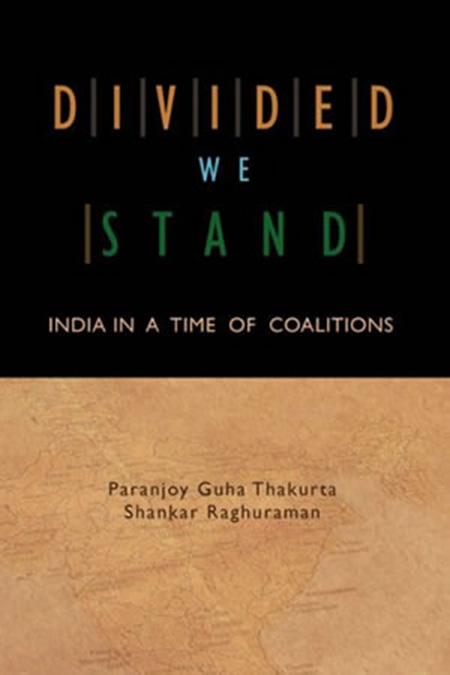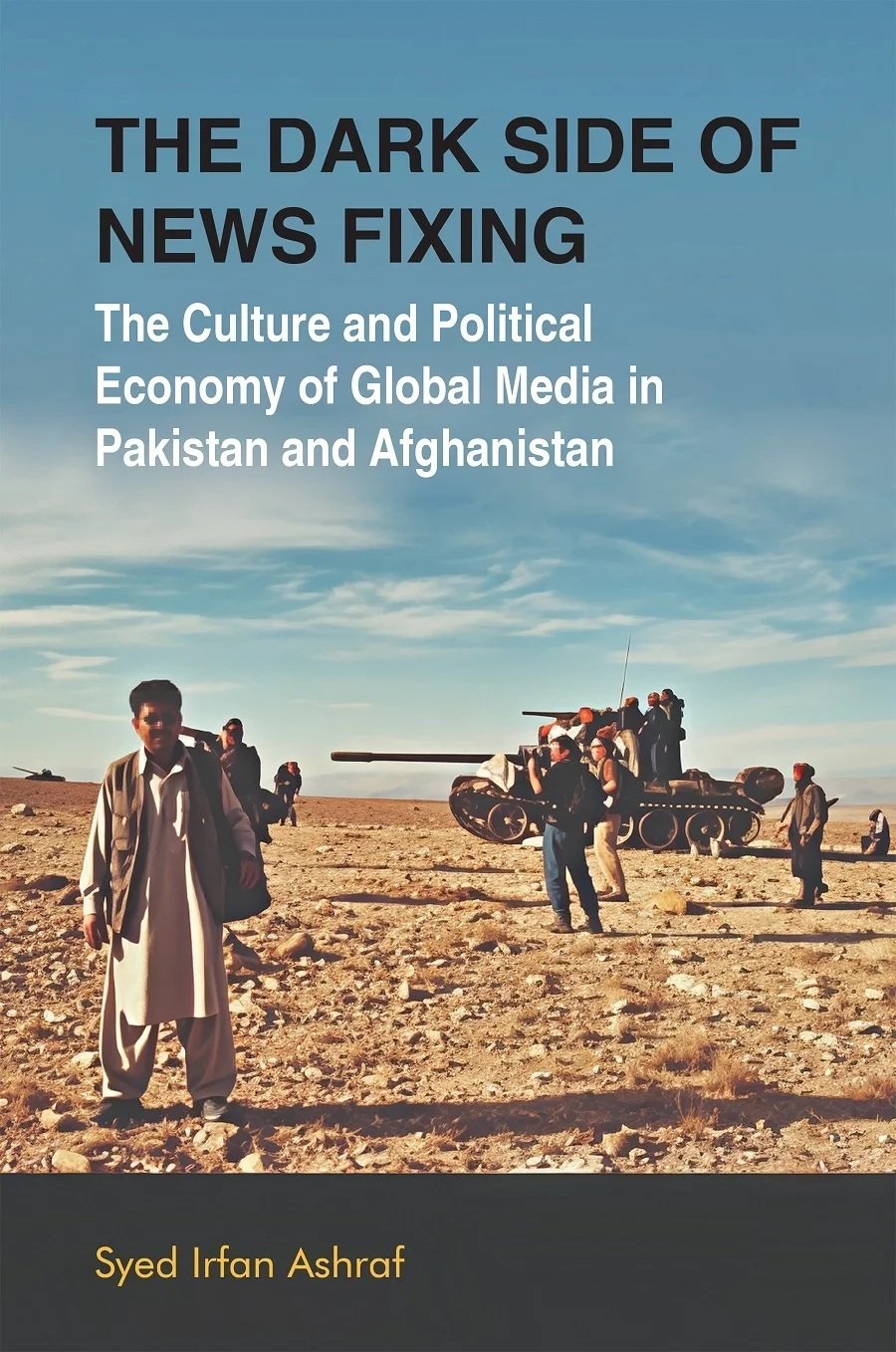THE RAJYA SABHA, the Upper House of Parliament, recently passed a historic bill reserving for women 33 percent of the seats in the Lok Sabha, the Lower House (though, ironically, not in the Upper House), with its 534 elected representatives, and in the 30 state legislative assemblies. Congress president Sonia Gandhi appeared to have reached a new high in her political career. The 63-year-old widow of former Prime Minister Rajiv Gandhi is exuding more confidence today than she ever has before.
The bill, which has been pending for 14 years, and which seeks to amend the Constitution, is yet to be approved by a two-thirds majority in the Lok Sabha, where it is certain to be opposed by a vocal and unruly minority comprising largely of the ‘socialist’ Samajwadi Party and the Rashtriya Janata Dal. Nonetheless, Sonia Gandhi’s smile is wider than it has been in years, wider than the day in May 2004 when her ‘inner voice’ dictated that she ‘sacrifice’ the top job in the country in favour of her chosen nominee, Manmohan Singh, the first Prime Minister of India to have never won a Lok Sabha election.
The two Mrs Gandhis, Indira and Sonia, are being compared again, despite the fact that the chairperson of the ruling United Progressive Alliance (UPA) coalition and president of the Congress holds no official position in government, unlike Indira Gandhi, who was the country’s head of state over two terms (January 1966-March 1977) and (January 1980-October 1984). Outlook ran a cover story carrying quotes from various commentators, some of whom suggested that Sonia Gandhi had not just become more politically astute than her mother-in-law, but that she was also more “acceptable” to larger sections of Indians because she lacked Indira Gandhi’s arrogance, ruthlessness and dictatorial streak.
Even if one argues that comparing the two women is going a bit over the top (since Indian politics has changed dramatically over the last quarter-century), by ensuring that the women’s reservation bill was passed by the Rajya Sabha, the woman who was derided by her political opponents for her initial unfamiliarity with Hindi managed to kill more than one bird with a single stone. She deflected attention from the biggest failure of the second UPA regime, that is, its inability to control food inflation, an issue that has united the political opposition on both the Right and the Left.
In the past, whenever non-Congress opposition parties managed to come together despite their ideological differences, it invariably destabilised the incumbent governments led by the Congress party; the governments headed by Morarji Desai (1977-79), Charan Singh (1979-80), Vishwanath Pratap Singh (1989-90) and Chandra Shekhar (1990-91) were all short-lived. Lately, the Union Budget for 2010-11 that was presented by Finance Minister Pranab Mukherjee had united the non-Congress parties against the Congress-led government’s failure to bring down food prices.
In fact, the Budget literally added fuel to the inflationary fires that are raging by increasing the prices of petrol and diesel. The Budget clearly bore the stamp of the Prime Minister (more than the Finance Minister), who apparently favours more market-friendly policies than Mukherjee, who is well-groomed in the old school of thought in the Congress that espouses the virtues of socialism—at least, as far as public rhetoric is concerned, even if the precepts and the practices followed are quite different.
The logic that was used to justify the Budget to the hoi-polloi in the Congress was disarmingly simple: this is the only budget in which politically-difficult decisions (such as increasing the excise and customs duties on petroleum products) could have been taken since Bihar is the only important state in which assembly elections are scheduled to take place during the current calendar year. The year 2011 will see elections being held in states such as Tamil Nadu, West Bengal and Kerala, which are far more politically significant for the Congress.
Since the second UPA coalition was formed in May 2009, the government has been curiously committing one political blunder after another. First, there was a foreign policy controversy (the India-Pakistan statement at Sharm el-Sheikh, Egypt, mentioning Balochistan). The government’s position at the climate change summit in Copenhagen disappointed many. A huge hullabaloo was raised on the issue of the formation of Telangana; government bigwigs watched helplessly as the situation in Andhra Pradesh threatened to careen completely out of control. Add to these the government’s abject failure to manage food supplies and dampen inflationary expectations.
This is where Sonia Gandhi stepped in to divert attention from the government’s inadequacies while simultaneously seeking to woo half the population with the women’s reservation bill. It’s an adroit move that will earn her more than a few brownie points and help her buy a bit of time for the next set of politically difficult moves. These would relate to the Congress party’s relations with the Trinamool Congress, led by its tempestuous leader Mamata Banerjee, in West Bengal as well as its ally in Tamil Nadu, the Dravida Munnetra Kazhagam (DMK). There are serious allegations of corruption pending against at least one important representative of the DMK in the Union council of ministers, namely, Andimuthu Raja, Minister for Communications and Information Technology. Nor has Home Minister Palaniappan Chidambaram’s tough talking against Maoists helped curb Leftwing extremism in many parts of eastern and central India.
Despite being rewarded with a confident mandate from the people, and with no immediate threat of political instability in sight, the government in New Delhi has often appeared to be fighting with its back to the wall. Sonia Gandhi is trying to change all that. How successful she will be, only time will tell.


